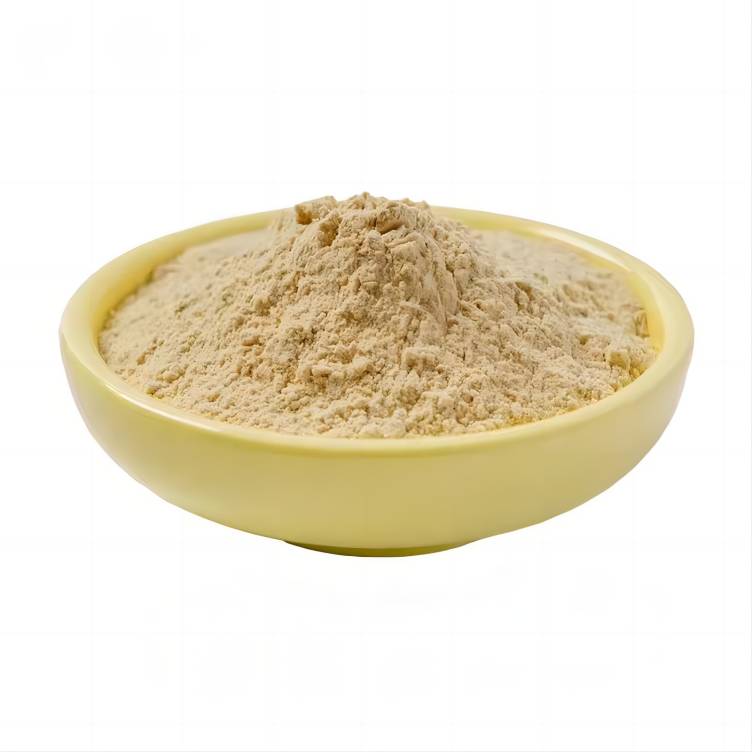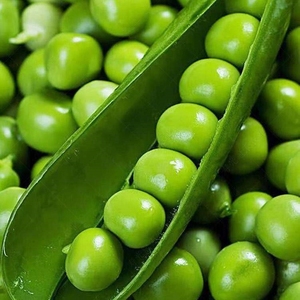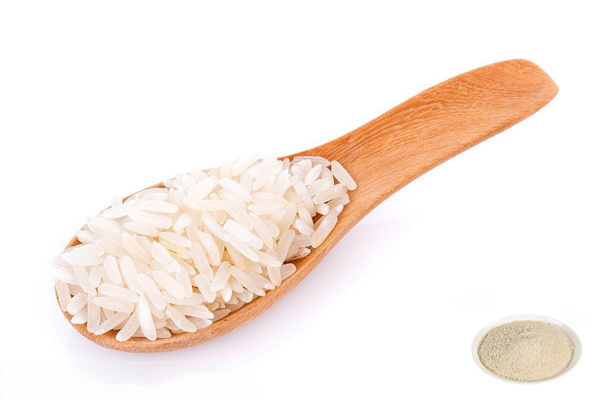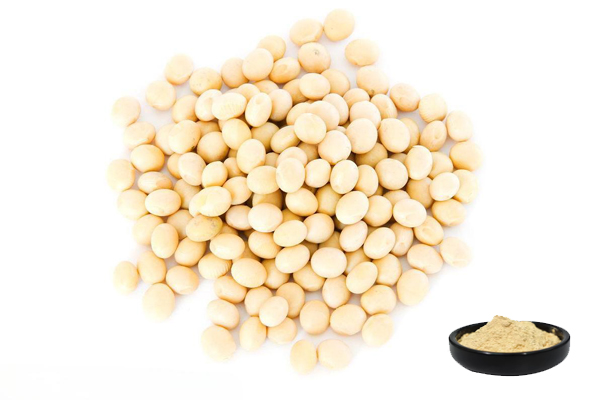80% Pea Protein Isolate Powder (en inglés)
Fuente :Pea
Ingredientes activos :Pea Protein Isolate
Ensayo :80%, 85%,90%
Método de ensayo: determinación de Kjeldahl
Aspecto: polvo fino de color amarillo claro
Residuos de plaguicidas: cumplir con la norma (CE) n º 396/2005
- descripción
- Hoja de datos
- Certificado de certificado
-
¿Qué es Polvo aislado de proteína de Pea?
Pea protein isolate es un polvo proteico obtenido del subproducto del procesamiento de almidón de guisante por secado en aerosol húmedo y separación de aire seco. Tiene un alto valor nutricional, y su proporción de aminoácidos esenciales es cercana al cuerpo humano#39;s necesidades, y es particularmente rico en lisina. Los aislados de guisante se usan comúnmente en las industrias de alimentos y suplementos para aumentar el contenido proteico de una variedad de productos, incluyendo polprote, sustitude de la carne, productos sin lácteos y barras proteicas.
La tecnología de primavera verde adopta una nueva tecnología para separar los componentes innecesarios en la proteína de guisante, produciendo proteína de guisante con poco sabor a frijol, baja alergenicidad, alto precio de la materia prima, rica en la enzima SOD, buen antioxidante, y una composición más equilibrada de aminoácidos.
Green Spring Technology es una empresa de biotecnología líder en China, que se ha comprometido a proporcionar a sus clientes extractos de plantas naturales, seguros y orgánicos. Nuestros productos cumplen con los m ã ¡S altos est ã ¡Ndares internacionales, incluyendo EC396, 2023/915 y los m ã ¡S altos est ã ¡Ndares de residuos de disolventes. Primavera verde cuenta con un equipo profesional de investigación científica, equipo de gestión de la producción, equipo de producción y equipo de ventas, se compromete a proporcionar a los clientes con servicios técnicos profesionales y de calidad. Greenspring ha obtenido Halal, Kosher, COSMOS, BRC, IFS, FDA, ISO y muchas otras certificaciones. Podemos proporcionar informes de prueba autorizados de terceros.
Especificaciones:
Nombre del producto
Aislado de proteína de Pea Powder
Nombre latino
Pisum sativum L.
fuente
Semilla de arsemilla
Principios activos
Pea Protein Isolate
especificación
80%, 85%,90%
Método de ensayo
Determinación de Kjeldahl
apariencia
Polvo fino de color amarillo claro
Residuos de plaguicidas
Cumplir con la norma (CE) n º 396/2005
Reglamento:
Se ajusta a la normativa de la UE.
¿Busca un presupuesto?Benefits:
Cholesterol and Lactose-Free
Animal proteins contain cholesterol, and excessive intake of cholesterol can lead to high blood lipids, which can cause cardiovascular diseases. Peas and other plant ingredients are cholesterol and fat-free, making them ideal for people with three highs. Pea protein is lactose-free, making it very friendly to lactose-intolerant people.
Low Levels of Anti-Nutritional Factors
Antinutritional factors may reduce the digestibility of proteins and other essential nutrients by binding strongly to them. Common antinutritional factors include alpha-galactose (bloat-prone sugars), phytic acid (chelator of important minerals), protease inhibitors (inhibit the breakdown of proteins), and lectins (sugar-binding proteins or glycoproteins of non-immune origin that tend to agglutinate cells or precipitate sugar complexes). The special production process of pea protein supplied by Greenspring Technology greatly reduces the content of anti-nutritional factors and ensures that pea protein is healthy and nutritious.
Rich in Nutrients
Pea protein is rich in nutrients such as high quality protein, fiber and B vitamins. It is an excellent source of protein and is particularly suitable for vegetarians and vegans. The protein contained in pea protein is easier to digest and absorb than other plant proteins, as well as helping to increase muscle mass and improve metabolic rate.
Non-GMO
Compared to soya protein, pea protein is less genetically modified and there are no genetically modified peas available. Most importantly, the process of producing pea protein is environmentally friendly, requiring 70 times less energy to produce 1g of pea protein compared to 1g of animal protein, and producing 1g of pea protein has 500 times less impact on greenhouse gas emissions than producing 1g of animal protein.
Helps Control Blood Sugar Levels
Pea protein is rich in fibre, which helps to slow down the absorption of food in the digestive system, thus helping to control blood sugar levels. Pea protein also contains an ingredient called pea globulin, which slows down the absorption of carbohydrates in the intestines, thus further reducing blood sugar levels.
Prolongs Satiety
Pea protein prolongs satiety, and retains dietary fiber better, absorbing more muscle-synthesising nutrients while satiating the stomach. A study comparing pea protein to dairy protein showed that pea protein aggregates briefly in the stomach and has an intestinal bioavailability between whey protein and casein. Meals containing pea protein and dairy protein were equally effective in triggering gastrointestinal satiety signals.
Hypoallergenic
Pea protein is a hypoallergenic food, like its warm taste, has a mild gastrointestinal reaction. Having lactose intolerance or allergies to wheat gluten and soybeans, the gastrointestinal tolerance to pea protein is higher than other types of protein powder, which does not cause bloating. It can also be consumed by people with gastrointestinal sensitivity.
Applications:
In the Food Field:
Due to its good functional properties, such as solubility, water absorption, emulsification, foaming, and gel formation, pea protein can be used as a food ingredient in meat processing, plant-based dairy products, plant-based ice creams, recreational food products, etc., to improve the quality and nutritional structure of the products.
Pea protein can be used to fortify beverages with nutrients in plant-based beverages and plant-based milks such as protein shakes, sports drinks and protein juice blends. This can meet the needs of different consumers for nutrients in beverages. Sports nutrition products represented by pea protein are rich in three essential branched-chain amino acids, namely leucine, isoleucine, and valine, which can promote muscle growth. At the same time, pea protein has a higher digestibility and a more balanced amino acid composition, making it an exceptional nutrient.
-
descargar
80% de proteína de guisante en polvo COA


 inglés
inglés francés
francés español
español ruso
ruso coreano
coreano Japonés japonés
Japonés japonés













